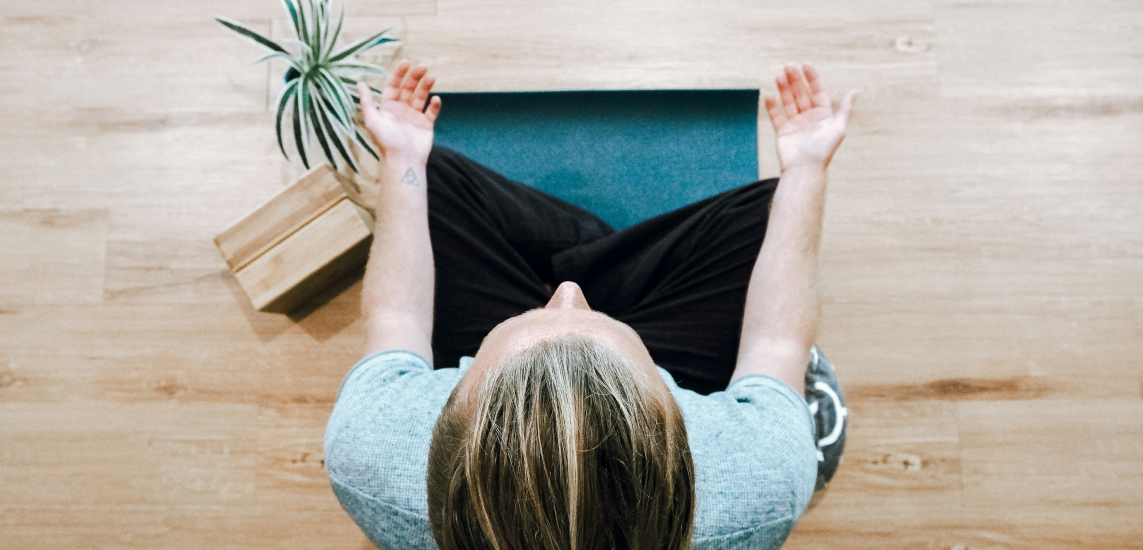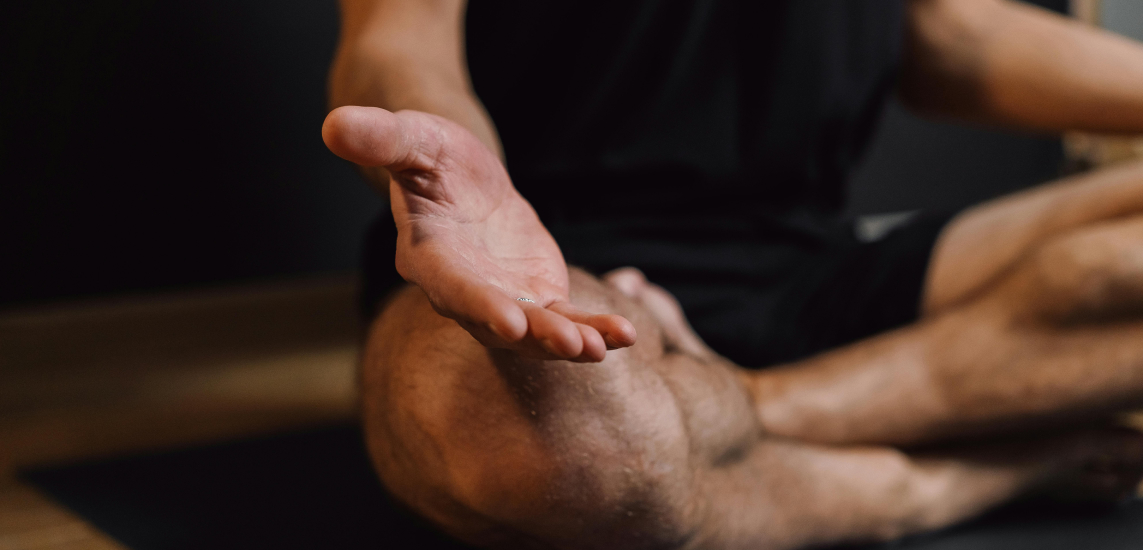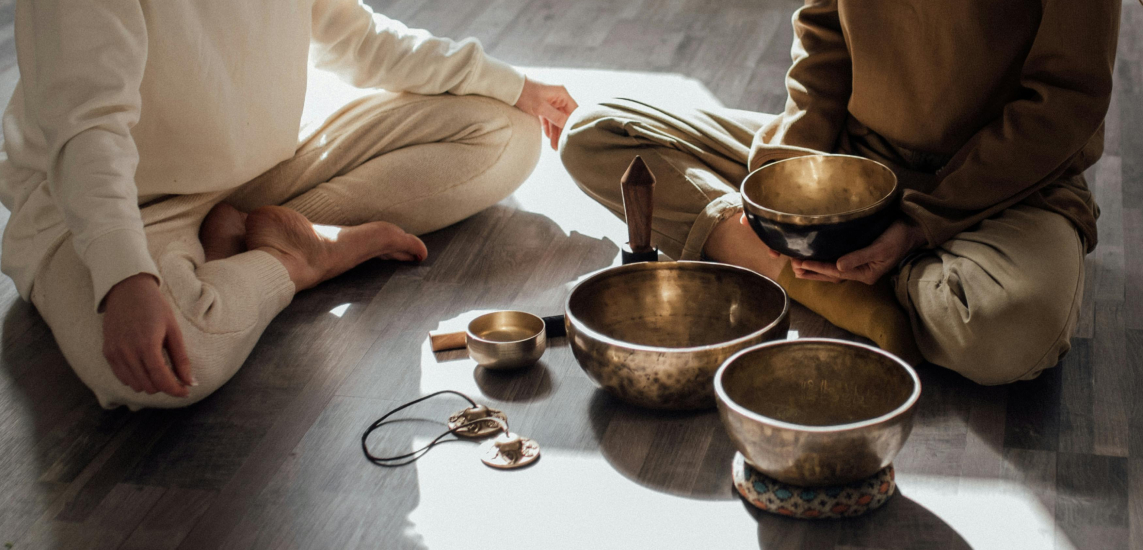Each morning we wake is a blessing. We don’t often think about the crack of dawn this way, but it is true that each morning we wake is a gift. We tend to take our mornings for granted, many of us turning away from them all together to tune into the tiny screen that fits in our palm.
Indeed, these small screens seem to hold the entire world within their finite pixels; and yet, we lose something by turning towards them too quickly. We lose the opportunity to deeply connect during that precious transition into wakefulness – to connect with ourselves, with the world, and with our ephemeral sense of soul and spirit.
Morning Rituals In Modern Times
The good news is that the chance to reconnect is always available to us. In any breath, we can tune into the present moment with openness, curiosity, and wonder. It is easy to forget to tune in, however, which is why making space in one’s schedule for some type of morning ritual is of great benefit.
Establishing a morning routine in the form of a ritual (and committing to it) grants us what mind, body, and soul long for on the deepest of levels. Rituals help us to simultaneously tune into ourselves and into something much greater than our individual beingness. They help us to connect with the mystery of existence, fueling our sense of reverence, wonder, and wellbeing in the process.
“This is what rituals are for. We do spiritual ceremonies as human beings in order to create a safe resting place for our most complicated feelings of joy or trauma, so that we don’t have to haul those feelings around with us forever, weighing us down. We all need such places of ritual safekeeping.” –
Elizabeth Gilbert
What Is A Ritual?
Before we establish a ritual for our mornings, it can be helpful to understand what that really means.
Put simply, a ritual is a series of actions performed according to some defined order. Though the word ‘ritual’ often comes with religious connotations, it can also be a secular practice. Regardless of our religious or spiritual beliefs, rituals can help us to tune into ourselves and the world around us in a meaningful way.
Morning rituals can contain whatever actions help you to reconnect with a sense of peace, purpose, wellbeing, and vitality. For instance, some things you might consider incorporating into a morning ritual include:
- Meditation
- Prayer
- Journaling
- Mantra or Affirmation Recitation
- Intention Setting
- Dance/Yoga/Other Movement
- Tea or Other Soothing Drink
- Intention Setting
- Music or Singing
Many rituals adhere to a set sequence of actions; however, our morning ritual can also be more fluid and dynamic. For instance, our morning ritual might simply be to show up on our yoga mat. From there, we might follow our intuition into whatever actions feel best suited for us on that particular morning.
Read more: 6 ingredients to a healthy morning routine
How To Create A Morning Ritual
Given that we all have different needs and inclinations (which can also change from day to day), establishing a morning ritual is a personal endeavour. There is no ‘right ritual’ to adopt; the best ritual is the one that we feel committed to, or the one that inspires us. That said, creating a morning ritual can be explored as follows:
1. Make space in your life.
A morning ritual first and foremost requires that we set aside time for our daily practice. This can be as little as two minutes each morning or as long as a couple of hours. Neither is better than the other. What matters most is that you set aside an amount of time that is realistic for your needs.
For instance, you might commit to a three-minute morning prayer whenever you wake. Or, you might commit to a 45-minute practice beginning at the same time every morning. Whatever works for you is fine, so long as you are clear on how and when you will show up for your morning practice.
2. Choose your place.
Rituals take place in sacred spaces. What is a sacred space? Since every place on this earth is fundamentally made of the same cosmic energy as we are, any space can be deemed sacred. With all options then available to you, choose a place that you feel connected to – to a room or outdoor space where you will practice each morning.
This can of course be flexible. If you are camping or visiting family, you can turn whatever new environment you are in into your sacred place of practice. However, within your everyday routine, what space will you be showing up to? If you live with others, make sure you communicate your intention to start a morning ritual to ensure you can have the space you need to practice.
3. Consider what elements your ritual will include.
This can be as flexible as you wish for it to be, but it is helpful to have a core set of practices that you’ll be tuning into most mornings. You might also choose a non-negotiable, something you will practice each and every day (to the best of your human ability).
For example, your core ritual might be to recite a mantra for five minutes. Then, depending upon what you intuitively sense your mind, body, and soul is longing for, your practice can evolve accordingly. Something should remain the same, however, in order for your morning practice to be considered a ritual. Again, this could be as simple as showing up to your meditation bench, pouring yourself a cup of herbal tea and sitting quietly with it, or crawling your way into child’s pose for prayer.
Read more: Tips for a morning gratitude routine and practice
4. Prioritize your morning practice
Finally, it is important to remember that a ritual is practiced regularly. It is not something meant to be done only when we feel like it. We can prioritize our morning practice by making a commitment to showing up for it (as often as we humanly can). Some mornings it will look and feel different than other mornings, and that is okay. It is entirely human for our concentration, commitment, and desire to ebb and flow.
To enhance our commitment to showing up, we can remind ourselves that we’ve created a ritual to satisfy some type of deep longing. What is that longing for you? By getting clear on your reasoning for developing a morning ritual, it becomes easier to show up – even on the mornings we don’t feel like it.
Don’t be hard on yourself!
Since we are human after all, there will likely be mornings that despite our best intentions, we don’t have it in us to show up. Allow that to be okay. Your ritual does not need to be dogmatic. The best we can do is to search for that sweet spot between compassionate acceptance of our ever-changing needs and courageous encouragement to stick to what we’ve set out to do.
Mind, body, spirit, and soul each crave ritual. During routine practices, the active mind and body are given permission to surrender worldly duties. Meanwhile, spirit and soul are given space to tune into the invisible, the ephemeral, and the otherworldly. By carving out space for a routine morning practice, we ensure that amidst the busyness of this world – amidst the ever-present distractions – we have a little pocket of time each day to fully tune in; to fully reconnect with some part of ourselves and the universe that cannot be captured by the finite pixels on a screen.




-1.jpg)


